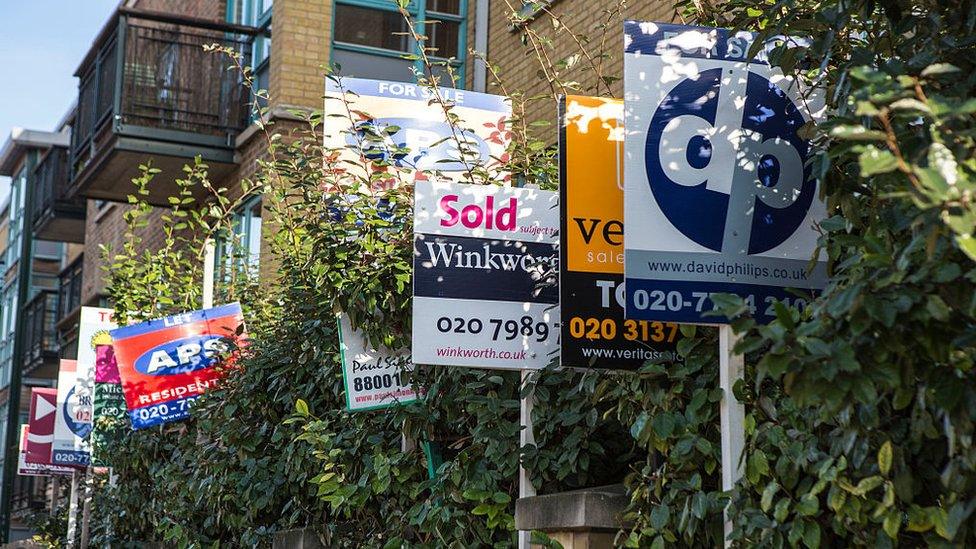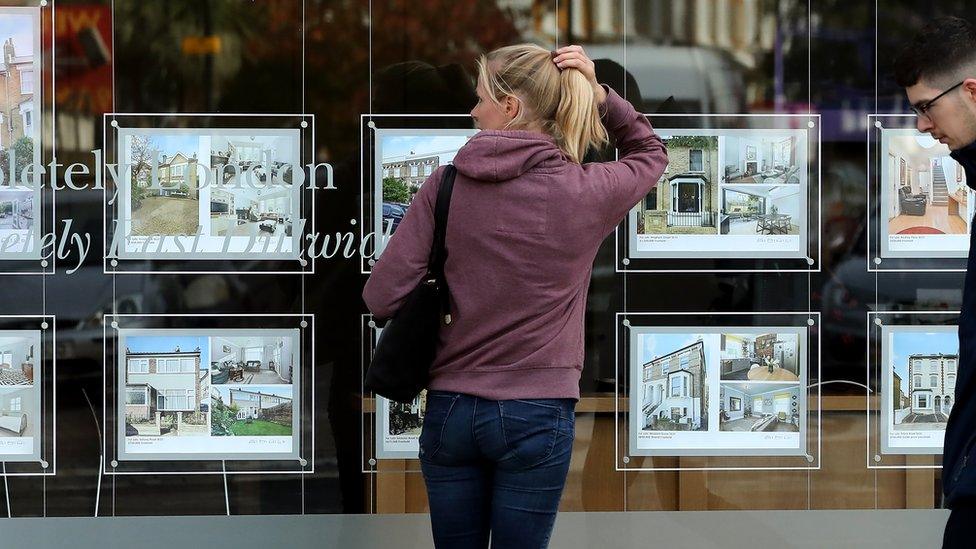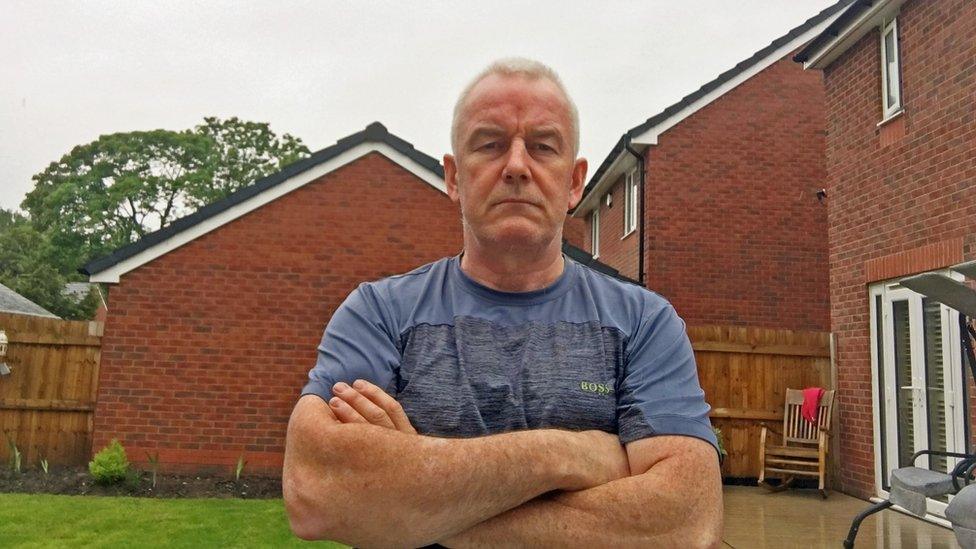Soaring second home ownership hitting young people
- Published

The number of British people who own a second home, buy-to-let or overseas property has doubled since 2001, says think tank the Resolution Foundation.
While the number of millennials who own a home continues to fall, one in 10 people now own an additional property.
Just 37% of people born in the 1980s managed to buy a home at the age of 29, compared with half of those born in the 1960s.
Wealth from owning a second home has risen since 2001 to almost £1 trillion.
Buy-to-let property is now the most common form of property wealth, having grown by 58% since 2006-08, the report found.
However, when looking at the number of people who can afford an additional property, millennials match the property ownership rates of other generations.
This suggests that only younger people who are rich can afford a second home - a sign, according to the foundation, that property wealth is not distributed fairly across the country.
'Wealth gap'
The Resolution Foundation wants to see policymakers step in to reform the housing market, in particular buy-to-let, in order to rebalance the housing market back towards first-time buyers.
"The sheer scale of additional property wealth is an important driver of rising wealth gaps across Britain," says George Bangham, policy analyst at the Resolution Foundation.
"While young people in particular are less likely to own their own home than previous generations, those that do own are more likely to have more than one property.
"And as the huge stock of second homes, buy-to-let and overseas properties starts to be passed on to younger generations, Britain risks becoming a country where getting ahead in life depends as much on what you inherit, as what you earn."
Chris Norris, director of policy and practice at the National Landlords Association, defended second home owners.
"There is a distinct difference between those who have a second home for personal use, leaving it empty for long periods of time, and those who have invested in a rental property which provides a valued home for someone else," he said.
"Far from the stereotype of the wealthy property baron, most private landlords invest in residential property to provide for their future and their family's in the form of supplementing a pension or establishing a business."
Meanwhile, the government said it was helping first-time buyers get on the housing ladder.
"The Government is determined to ensure that a new generation can realise the dream of homeownership," a spokesman said.
"Last year saw the highest number of first-time buyers in more than a decade. Since 2015, we have helped more than 300,000 people to purchase a home through schemes such as Help to Buy."
- Published13 June 2019

- Published12 June 2019
